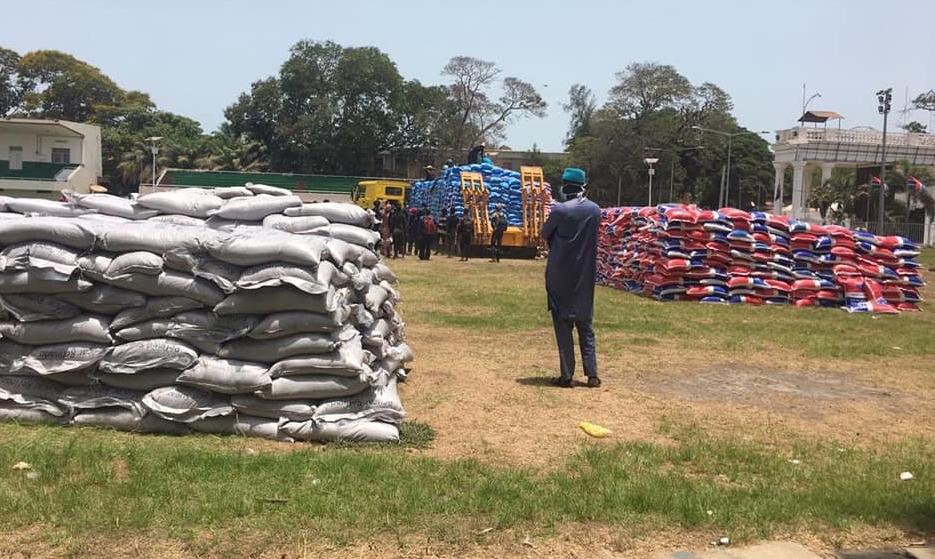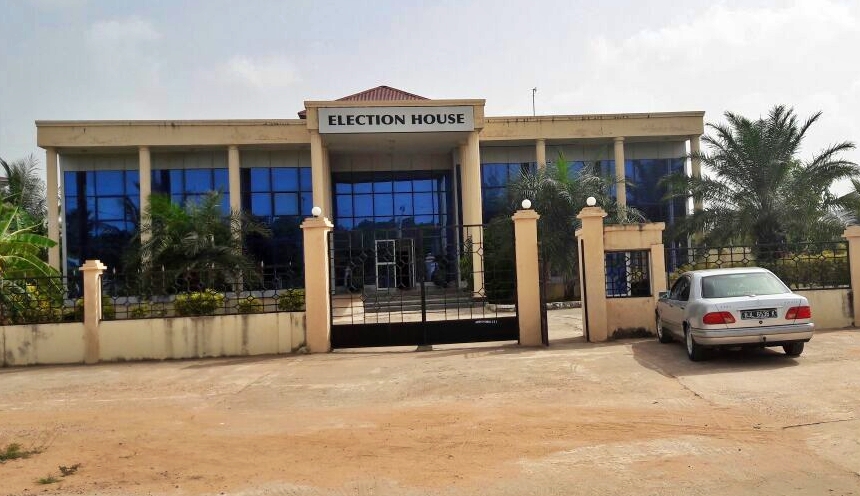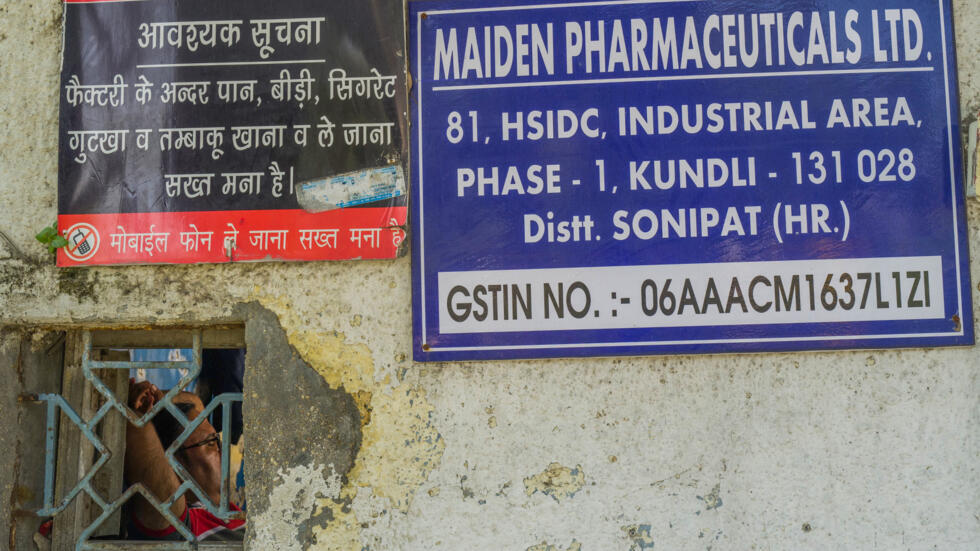Gambiaj.com – (Banjul, The Gambia) – As The Gambia continues to mourn and seek justice for the deaths of over 70 children who succumbed to acute kidney failure after consuming toxic cough syrup imported from India, a major Indian pharmaceutical lobby group has ignited fresh outrage by calling for an end to the mandatory pre-export testing of cough syrups.
The Laghu Udyog Bharati (LUB), a national organization representing small and micro pharmaceutical industries in India, has renewed its demand to India’s Union Health Ministry to revoke the pre-export testing requirement for cough syrups — a regulation imposed in direct response to the tragic incident in The Gambia in 2022.
The call comes while the criminal trial surrounding the deaths of the Gambian children is still underway, with public sentiment still raw and accountability far from settled.
For grieving families and a nation grappling with a devastating loss, the LUB’s demand is being seen not only as insensitive but deeply offensive, driven solely by business interests.
A Bitter Reminder of the Tragedy
In 2022, The Gambia was rocked by a national health emergency after dozens of children died due to acute kidney failure linked to contaminated cough syrups produced by Indian manufacturer Maiden Pharmaceuticals.
Subsequent investigations by The Gambia’s Medicines Control Agency, the World Health Organization (WHO), and international labs confirmed the presence of deadly toxins — diethylene glycol and ethylene glycol — in the syrups.
The incident led to a global reckoning with the oversight of pharmaceutical exports and prompted Indian regulators to mandate testing of all cough syrups by government laboratories prior to shipment.
This process, though time-consuming and costly, was widely welcomed as a necessary step to restore global trust in Indian-made medicines.
Now, the LUB is calling for that safeguard to be scrapped.
Speaking to Pharmabiz in New Delhi, LUB President Ghan Shyam Ohja argued that mandatory testing imposes undue burdens on pharmaceutical manufacturers, causing shipment delays and increased operational costs.
“Testing takes a minimum of 45 days and costs Rs. 25,000 per batch,” said Ohja, adding that “not a single such incident has occurred globally since the new regulation.”
The LUB further proposed the establishment of a Drug Tribunal Board (DTB) to handle grievances of pharmaceutical manufacturers related to prosecutions, storage conditions, and logistical challenges — a body that would, in effect, reduce regulatory and judicial oversight of the industry.
According to LUB, a DTB would expedite cases and allow manufacturers to avoid the judicial system except in matters of serious criminal offense — a move critics argue could undermine consumer safety and accountability.
Gambian Reaction: “A Grave Insult”
For many in The Gambia, the timing and motivation behind the LUB’s request are deeply troubling.
“It is a grave insult to the families of the children who died to hear that the very safeguard meant to prevent such horrors is now being labeled an inconvenience,” said one Gambian health policy advocate who asked to remain anonymous. “This was not just a business error — it was a massive failure of human responsibility, and any attempt to reverse safety measures is unjustifiable.”
Legal proceedings continue in The Gambia, where officials are still working to determine the full chain of responsibility. Families of the victims have demanded stronger international regulations and have called on global health institutions to press India to uphold — not dismantle — quality assurance measures.
India is one of the world’s largest pharmaceutical exporters, and its role in supplying affordable medicines to developing countries is critical. However, safety cannot be compromised, experts warn.
“The pharmaceutical industry cannot be governed solely by market logic,” said a regional WHO official. “The price of regulatory shortcuts is paid in human lives — as we saw in The Gambia.”
As international scrutiny builds, the world watches how Indian regulators respond to the LUB’s demand. The choice they make will echo far beyond Indian borders — and into the lives of countless patients in countries like The Gambia.










